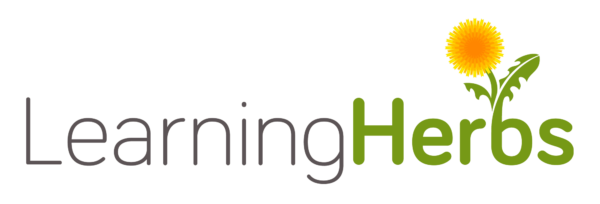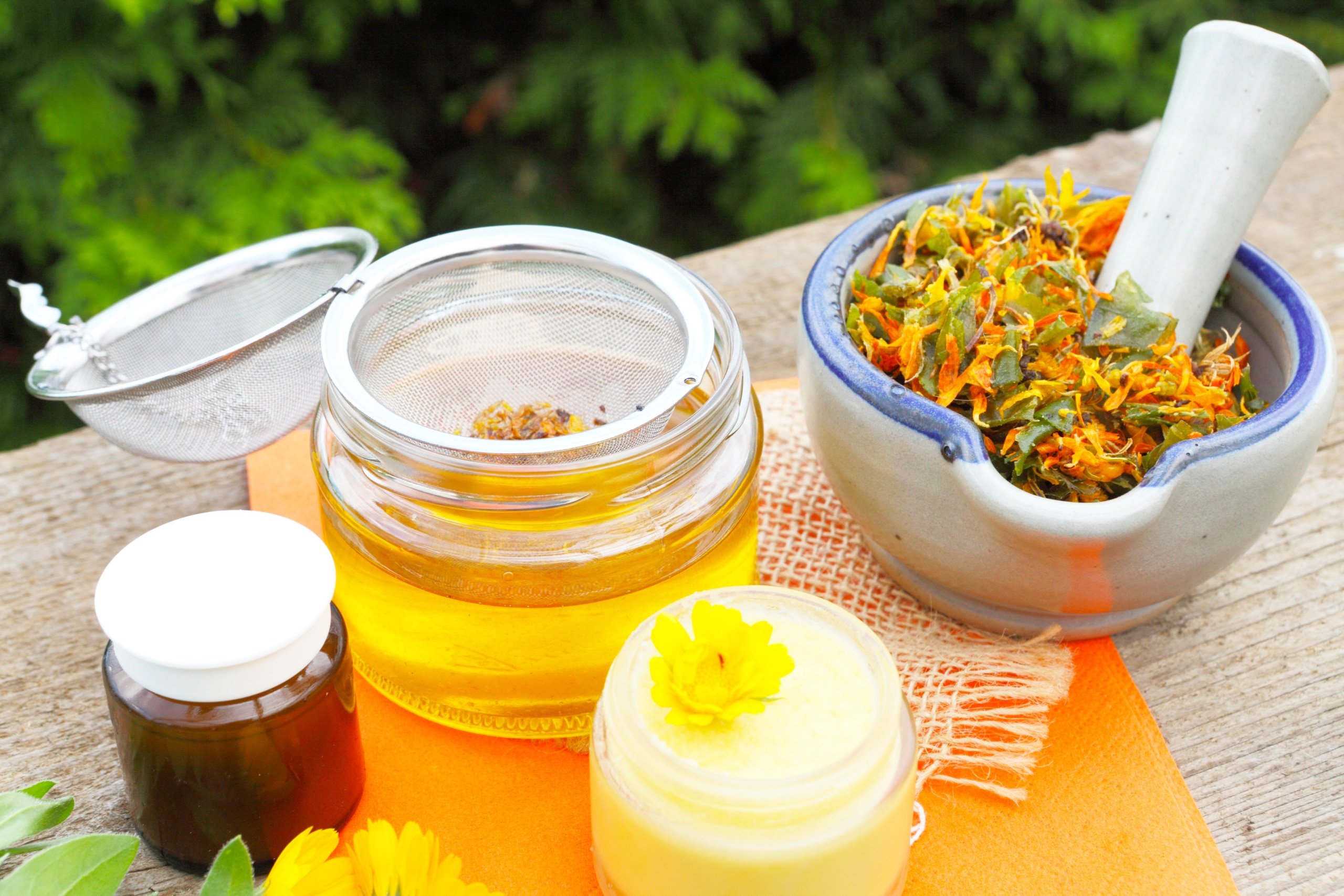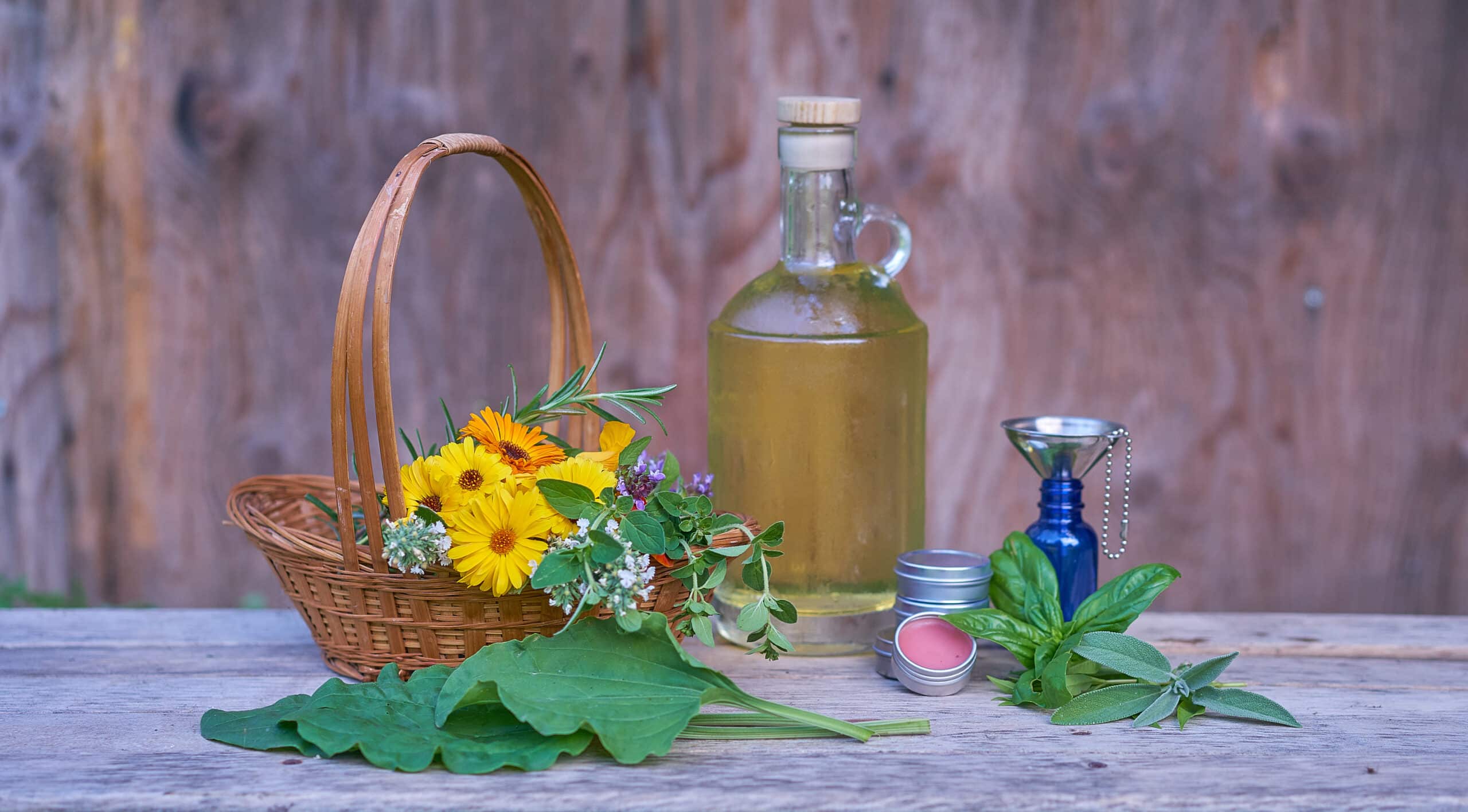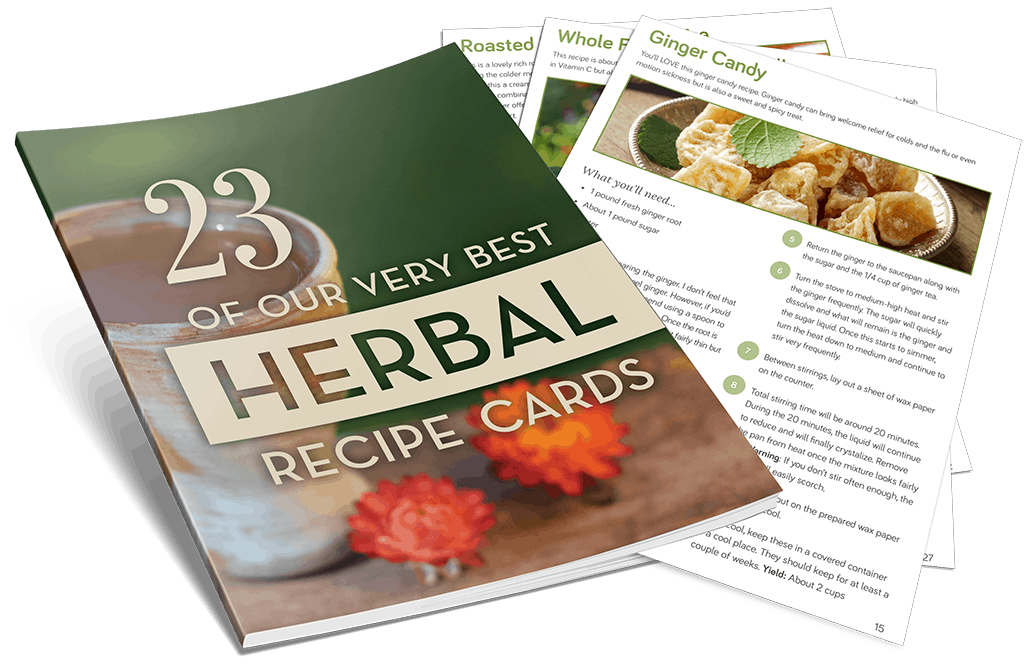Herbalism is a beautiful tradition that doesn’t require formal training: you can be a home herbalist without going to herbalism school. But perhaps you want to take your herbal knowledge to the next level: maybe you want to start an herbal products business or are feeling called to become a clinical herbalist. Then it might be time to attend a school for herbalism!
Here’s my guide to the best immersive, in-person schools for herbalism in the United States, plus invaluable information on licensure and figuring out if herbalism is the right path for you. Let’s dive in…
How Do I Become an Herbalist?
There’s no one path to become an herbalist: in fact there are as many different paths as there are herbalists. All of us have ancestors who have worked with healing plants for thousands of years. We are all wired for working in sacred collaboration with plants, and we each get to decide how we want to do it.
You might learn about herbalism from your family, your community elders, or an informal mentorship.
You may delight in cooking with herbs and learning about their medicinal gifts as you add them to your culinary creations.
Perhaps you dive into your herbal learning on HerbMentor and learn about your favorite herbs from beloved teachers like Rosemary Gladstar and jim mcdonald.
Maybe you decide to attend formal training at a school for herbalism to become an herbal practitioner, products maker, and herb nerd extraordinaire.
Or maybe you do all of the above! It’s your dandelion covered path, and you get to choose your own adventure.
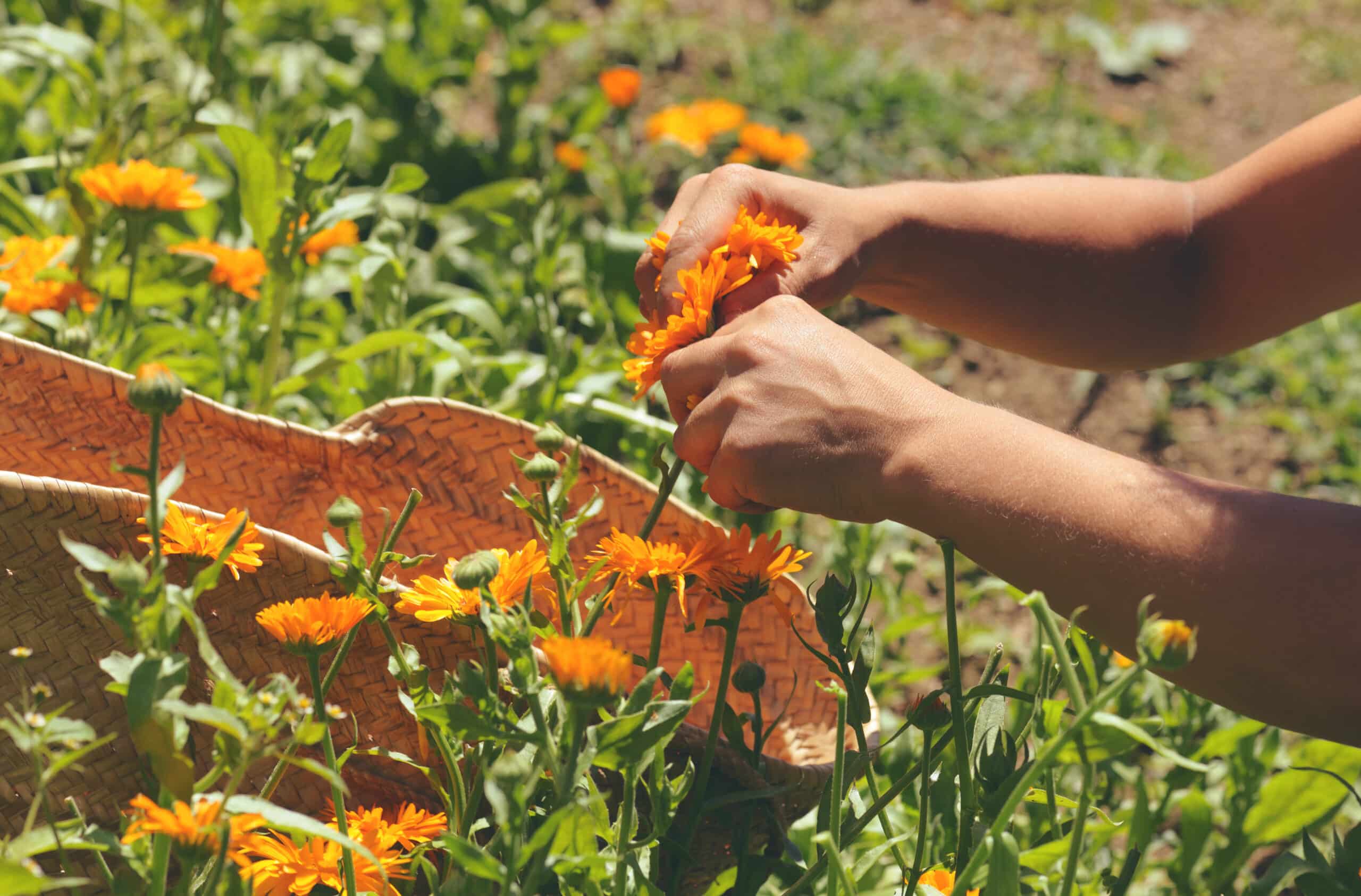
Is There a Certification or Licensure for Herbalism?
In the United States there is no official licensure for becoming a western herbalist. Acupuncturists, naturopaths, functional medicine doctors, and other licensed practitioners may learn about herbalism in their studies, but they are not licensed specifically in western herbalism.
Since there’s no official licensure for becoming a western herbalist in the United States, like I said above, you get to choose your own adventure.
Most schools for herbalism offer certifications, and these programs give you the opportunity to dive deep into your formal education. Depending on what program you attend, you may learn more clinical skills, in-depth materia medica on plants, how to make herbal products, how to grow herbs, anatomy/physiology, and more. Going to herbalism school gave me the tools to feel confident as a clinical practitioner, medicine maker, and herb gardener.
Is Herbalism Right for Me?
Wondering if you should become an herbalist, but don’t want to invest thousands of dollars in school? Try HerbMentor! HerbMentor is LearningHerbs’ super affordable online education platform that features courses, plant profiles/monographs, recipes, remedies, and more. You can take classes with expert herbalists like Rosemary Gladstar, jim mcdonald, and K.P. Khalsa from the comfort of your own home. Right now you can try HerbMentor for just $1 — no strings attached.
Being an HerbMentor member will give you the opportunity to dive more into herbalism and see if this field is right for you. After taking a few classes for just $1 you might decide you want to be a home herbalist who has an abundant home apothecary for your family. You may feel inspired to start your own herbal products business. Or perhaps you’ll want to become an herbal practitioner who sees clients. And, if you decide you do want to continue your herbal education with more formal training, HerbMentor is a great resource to have on hand while in school and beyond.
When I was in herbalism school I would often call on HerbMentor to help supplement my studies, and I still use HerbMentor as a trusted resource for looking up lots of information about herbs, physiology, and medicine making.

The Best Schools for Herbalism in the United States
In no particular order, here are some of the best in-person and hybrid schools for herbalism with immersive herbal programs in the United States.
1. Northeast School of Botanical Medicine
Based in upstate New York, the Northeast School of Botanical Medicine is run and taught by 7Song. 7Song is a well-respected clinical herbalist and educator who is very involved in the Ithaca Free Clinic. This school offers 6–7 month long courses that dive into clinical herbalism, plant ID, herbal first aid, and more. 7Song also offers apprenticeships.
2. California School of Herbal Studies
Located in beautiful Forestville, California, the California School of Herbal Studies offers courses that run from March–November every year. You can choose between weekend courses on medicine making and more in-depth courses to become a community herbalist.
3. Ancestral Arts Apothecary
Founded by Atava Garcia Swiecicki and now stewarded by Daniella “Cita” Valencia, Ancestral Arts Apothecary was “born out of a dream and prayer to create herbal education spaces centered on people of color.” The school offers a hybrid 9-month long herbal training program in the Bay Area as well as weekend workshops.
4. Colorado School of Clinical Herbalism
Founded by Paul Bergner and currently directed by Lisa Ganora, the Colorado School of Clinical Herbalism offers Fundamentals, Advanced, and Clinical programs in western herbalism plus Integrated Nutrition, Field Botany, Aromatherapy, and Flower Essence programs in the Vitalist tradition. The school is located in Lafayette, Colorado.
5. The People’s Medicine School
Based in upstate New York and facilitated by amanda david, the People’s Medicine School works to serve all by centering BiPoC, Queer, Trans and those with a liberatory focus in finding their roots in plant medicine. The school offers an in-depth online program with the option for in-person weekend intensives.
6. Florida School of Holistic Living
Located in Central Florida, the Florida School of Holistic Living offers a three-part core curriculum to become a community herbalist with in-person and online options. Founder Emily Ruff also founded the Florida Herbal Conference, which gives locals and visitors the chance to learn from top herbalists either in person or virtually.
7. Lindera
Founded and taught by jim mcdonald, Lindera is based in Southeast Michigan. Lindera offers an herbal intensive that focuses on the foundational energetic principles of western herbalism. This hands-on class features classroom days and plant walks at local parks.
8. Vermont Center for Integrative Herbalism
Located in Montpelier, VT, the Vermont Center for Integrative Herbalism offers a three year intensive clinical herbalist program as well as workshops and other courses. The school also offers a sliding-scale clinic that students can practice in with supervision. Faculty at this school include Larken Bunce, Betzy Bancroft, and more.
9. Eclectic School of Herbal Medicine
Founded and taught by Thomas Easley (plus more core faculty) in Lowgap, North Carolina, the Eclectic School of Herbal Medicine offers in-person and online classes with a particular focus on the Eclectic Tradition. The Eclectic School features an in-depth training program with a clinical focus plus shorter trainings on medicine making and more.
10. Wildroot Botanicals
Based near Bellingham, Washington, Wildroot Botanicals offers immersive programs on the foundations of herbalism and wild foods. These programs feature a blend of time out in the field and classroom style learning. In these courses students can learn skills like medicine making, ethical wildcrafting, land stewardship, and more.
11. Bastyr
If you want to earn a Bachelor of Science in herbal sciences, Bastyr is a great option. Located in Seattle, this two year intensive program is based upon scientific inquiry in the herbal sciences. Students will learn anatomy/physiology, ethnobotany, pharmacology, and more.
12. Trillium Herbal Medicine
Located in Skagit Valley, Washington, Trillium Herbal Medicine is led by herbalist and licensed massage therapist Erin Vanhee. Erin offers in-person, in-depth training programs, including an Herbal Immersion and Wildcrafting Apprenticeship, and also day classes. Some of Erin’s specialties include herbs for pain, medicine making, and Somatics.
13. Maryland University of Integrative Health
Maryland University of Integrative Health offers two unique herbal programs: a Master of Science in Clinical Herbal Medicine and a Master of Science in Herbal Product Design & Manufacture. These two Masters programs take two years to complete. The herbal Product Design & Manufacture program can be a hybrid while the Clinical Herbal Medicine program is entirely online.
14. International Integrative Educational Institute
The International Integrative Educational Institute is entirely online, but we couldn’t help including it in this list because it’s led by the incredible herbalist K.P. Khalsa (who’s taught a few courses on HerbMentor, by the way!). The school provides training on several herbal traditions, teaching the fundamentals of Ayurveda, western herbal traditions, and Chinese herbalism.
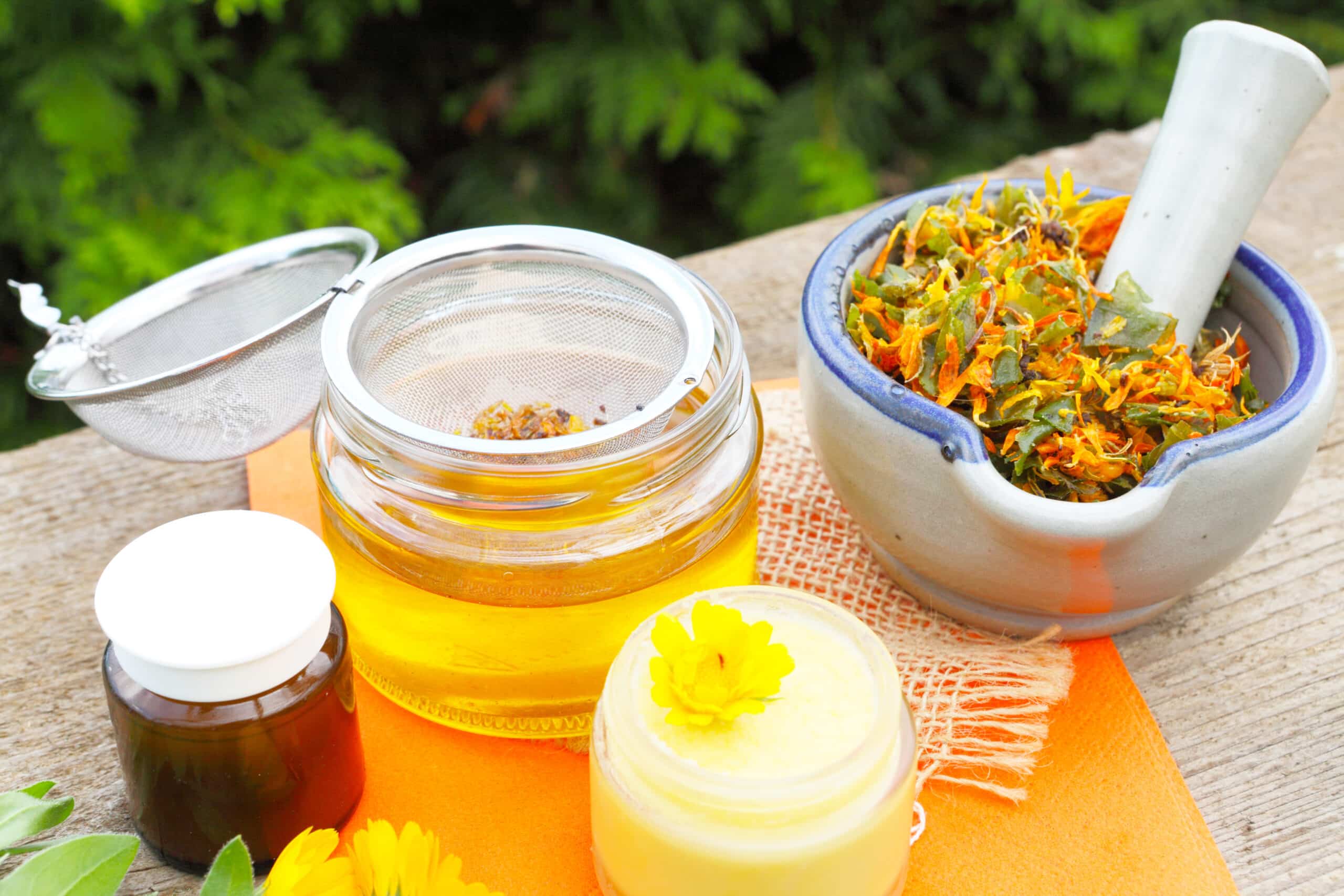
Here are some frequently asked questions about choosing the right herbalism school…
What is the best place to study herbalism?
Just like there’s not one way to be an herbalist, there’s not one best place to study herbalism. There are many herbalism schools that offer a fantastic educational experience. The best place for you to study herbalism will depend on your location, your budget, and what you’re looking for in a school. When considering going to herbalism school, ask yourself the following questions:
- What is my budget for herbal education?
- Where is my ideal location to study herbalism? Am I willing to move or travel to attend herbalism school?
- How long do I want my herbal program to be?
- Who do I want my teacher(s) to be? Do I want one teacher or several teachers?
- Is there a particular topic in herbalism or lineage of herbalism that I want to learn?
All of these questions are a great starting point for narrowing down your herb school search.
How long does it take to become an herbalist?
Anyone can call themselves an herbalist, which is part of the beauty of herbalism. You get to decide when you want to claim this word for yourself. Herbalism is a lifelong journey that is all about building relationships with plants, place, and people.
As someone who is prone to imposter syndrome, for a long time I didn’t feel comfortable calling myself an herbalist — even though I was making lots of herbal potions in my kitchen and helping loved ones with various ailments, I worried that I wasn’t worthy of the title.
It wasn’t until I graduated from two years of formal training that I felt confident enough to fully claim the title. And as soon as I did claim this title, I realized that I had in fact been an herbalist all along: as a little kid making herbal salves with my mom, as a teenager IDing out oak trees in my hometown, and as a student delighting in my herbal classes. The home herbalist is just as valid as the herbalist who has more formal training.
That said, if you are interested in attending formal training in herbalism, every school offers a slightly different timeline for your studies. You might choose an intensive three year program or you may choose a six month program: it really depends on what you’re looking for. And when the program’s done, you’ll have the rest of your life to keep deepening your herbal education.
Do herbalists make good money?
If you are interested in pursuing a career as an herbalist, it can be challenging but it is fully possible to make a livelihood in this field. Especially as herbalism becomes more popular, more and more people are interested in seeing herbal practitioners, going to herbal shops, and taking herbal classes.
Here are some of the possible career paths for herbalists:
- Clinical Practitioner
- Herbal Products Maker/Seller
- Herbal Shop Owner/Worker
- Tea Shop Owner/Worker
- Herb Farmer
- Herbal Educator
Wishing you so much joy on the plant path! May your journey be full of dazzling dandelions and delicious herbal tea!

